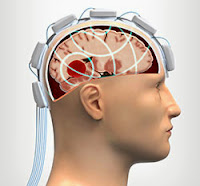
Strokefinder Microwave Helmet Diagnoses Strokes Right in the Ambulance
VIDEO & ARTICLE Stroke causes vascular dementia. Strokefinder enables earlier diagnosis than current methods, improving the possibility to counteract brain damage. See how.

VIDEO & ARTICLE Stroke causes vascular dementia. Strokefinder enables earlier diagnosis than current methods, improving the possibility to counteract brain damage. See how.
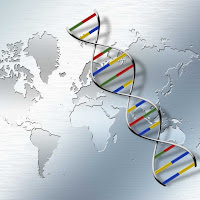
Researchers discovered how genetic mutations in Huntington’s disease kill brain cells. Learn why this discovery may be relevant to other types of dementia, as well.
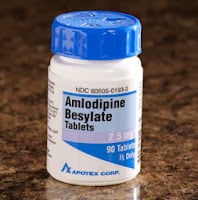
Amlodipine, an inexpensive drug approved for high blood pressure, could become the first ever treatment for vascular dementia. Vascular dementia is one of the most
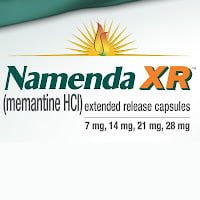
New research shows that the Alzheimer’s drug memantine (Namenda™) may treat Huntington’s dementia. It seems to improve motor learning and coordination, as well as keep cells alive. It appears to work in a way that could also benefit dementia in traumatic brain injury and some forms of stroke. Can memantine offer a multi-type dementia breakthrough?

VIDEO & ARTICLE See why a Taiwanese study closely connects insomnia and vascular problems. (Vascular problems like stroke and heart attack are primary causes of

Alzheimer’s is the most common type of dementia, but there are many others. Should Gulf War Illness, which effects over 250,000 troops deployed in the
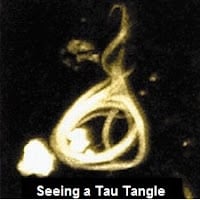
ARTICLE ON TRACERS + VIDEO ON TAU 2 new PET tracers promise to change the face of diagnosing and researching dementias such as Alzheimer’s. Learn how
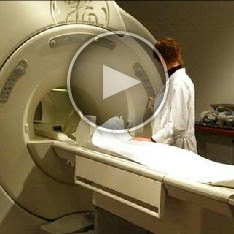
Can new MRI technology effectively & non-invasively diagnose the type of dementia that is afflicting a person?

VIDEO + CHECKLIST OF 15 WARNING SIGNS: Memory problems caused by Alzheimer’s make driving unsafe. See how. Watch this thought-provoking video to open up the discussion with family members, friends and patients.
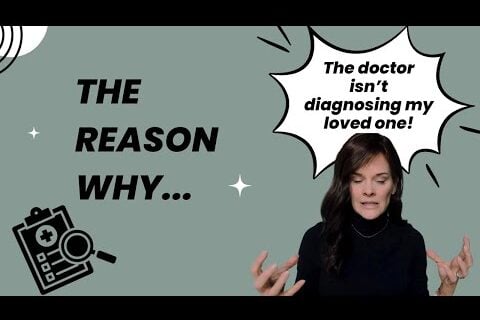
Caught in a frustrating loop of suspecting dementia in your loved one, only to be denied by doctors? Join me as we explore the untold story behind dementia diagnoses. Don’t miss out on key insights that can change everything!

AS MARIJUANA LEGALIZATION spreads, new research is improving our understanding of side effects. Heart cells have cannabis receptors relevant to vascular squeezing ability. Learn about marijuana’s link to vascular dementia.

SHORT-TERM MEMORY lapses are obvious signs of Alzheimer’s, but other tell-tale signals begin to show much earlier. Learn how to look for semantic impairments, such as simple questions about size.

Three important dementia studies focus on HS-AGING, a type of dementia almost as common as Alzheimer’s in the 85+ group. Yet few people have heard of it. Why? What makes it different?

An intriguing study of 120 grandmothers might surprise you. Doctors know socially engaged people have better cognition and less dementia. But can a person get too much of a good thing? What’s the right balance?

Enjoy this great duet between a musician with dementia and his son. A triumph of spirit over Alzheimer’s! Sing-a-long if you like!
No spam, only news and updates.


